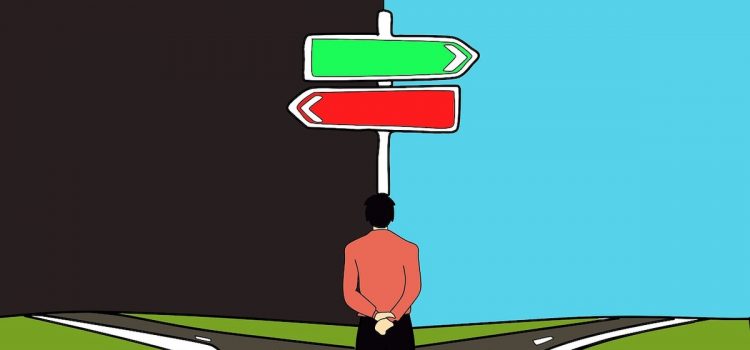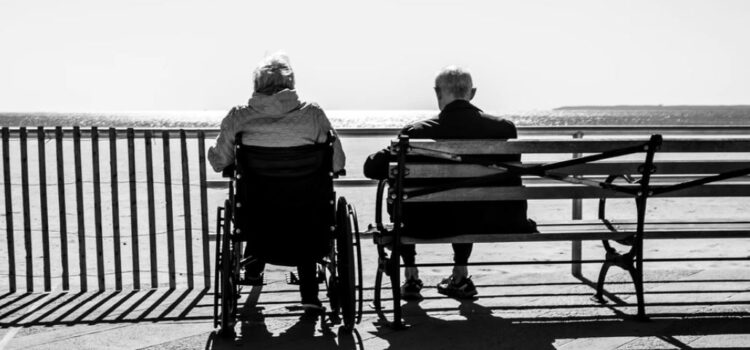When you have more than one option, how do you know which one to choose? Can you actually train yourself to make better decisions? Let’s say that you’ve received a job offer at a great company. You’re pretty happy where you are now, but the new opportunity might be the right move to make. If you carefully consider the consequences (second-order thinking), the chances (probabilistic thinking), and the possibilities (possibility thinking), you’ll likely make the right decision. Read more to learn how to use these three mental models for decision-making.
The 3 Best Mental Models for Decision-Making










